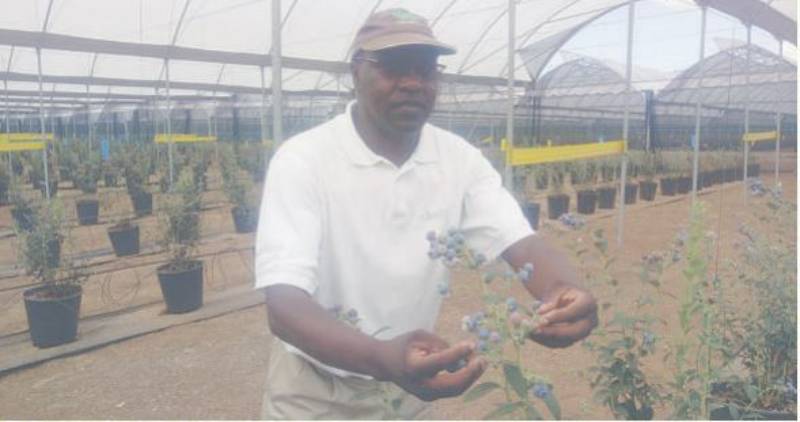×
The Standard e-Paper
Home To Bold Columnists

Famed for its numerous health benefits, blueberries are flowering plants from the genus Vaccinium. This plant species is native to North America, most of Asia, Western Europe, and Scandinavia. However, thanks to agricultural firm Kakuzi, the succulent fruit is finding a new home in Kenya.
The listed firm has been producing tea, avocados, macadamia, and trees besides keeping livestock and bees.